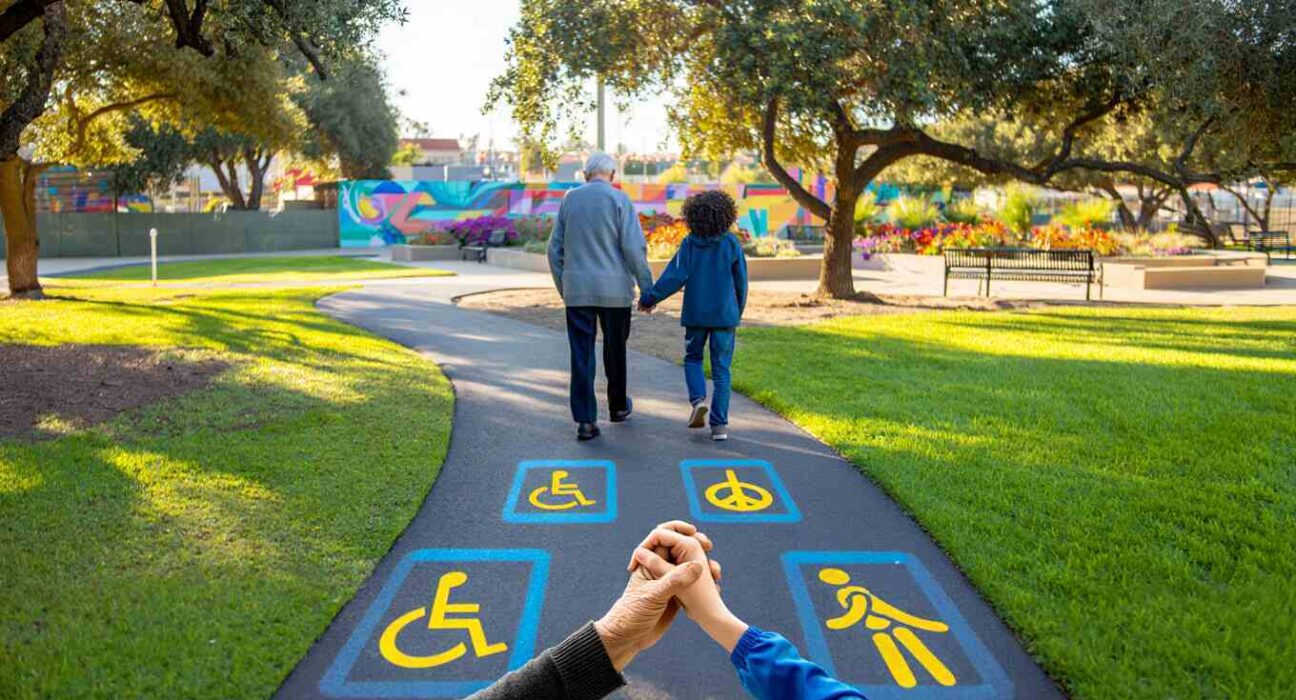Honouring the Contributions of Older Persons.Every year on October 1, the world celebrates the International Day of Older Persons to recognize the contributions of older people and to raise awareness about the challenges they face. The day emphasizes dignity, independence, and inclusion, while also calling attention to the opportunities of an ageing population.
The Global Ageing Trend:By 2100, the number of people aged 65 and above is expected to rise to 2.4 billion, with the fastest growth seen among those aged 80 and older. This demographic shift presents both challenges and opportunities for societies worldwide, especially in healthcare, social inclusion, and
long-term care (LTC).
WHO’s Work for Universal Health Coverage:
The WHO Kobe Centre is pioneering research to ensure older persons are not left behind in global health systems. Recent studies assessed unmet health and social care needs across five WHO regions, providing policymakers with valuable insights to bridge gaps and strengthen health information systems for older people.
Financing Long-Term Care:
An Investment for AllResearch also highlights that sustainable financing of long-term care is not only a health priority but also a smart economic investment. Evidence shows that improving access to quality LTC services benefits households, health systems, economies, and societies as a whole. Innovative approaches—such as supporting informal caregivers and using new technologies—are being explored to promote healthy and inclusive ageing.
A Call for Inclusive Action:
The 2025 theme stresses the urgency of preparing for an ageing population through inclusive policies, better health systems, and stronger social support networks. By valuing and investing in older persons, societies can build resilience and ensure dignity for all generations.




